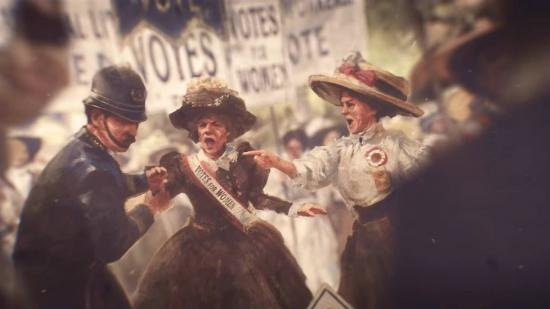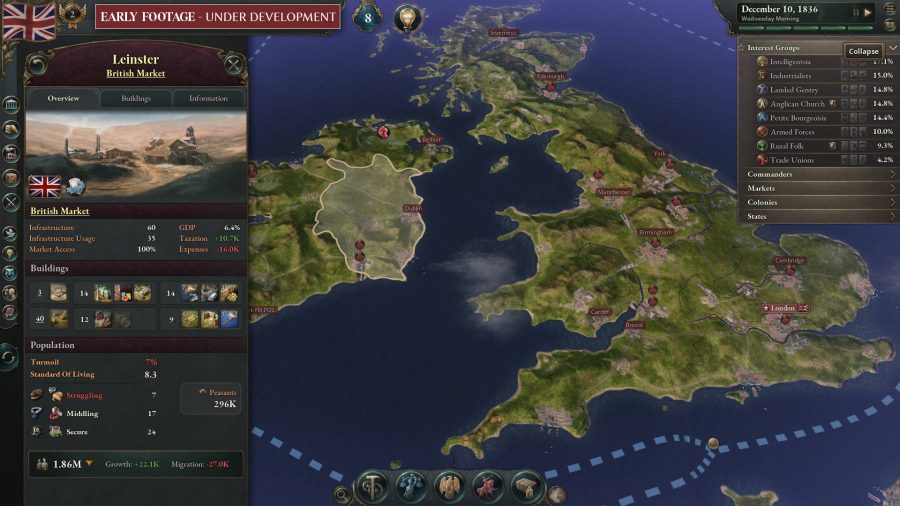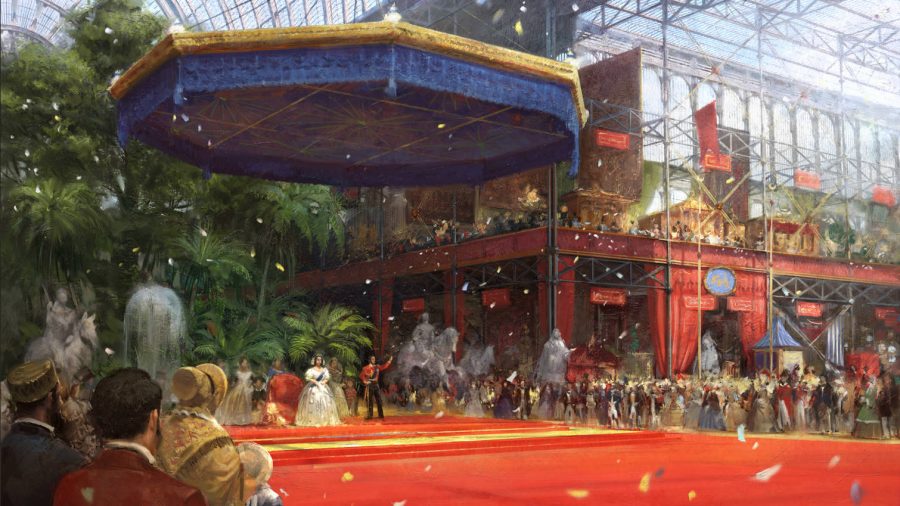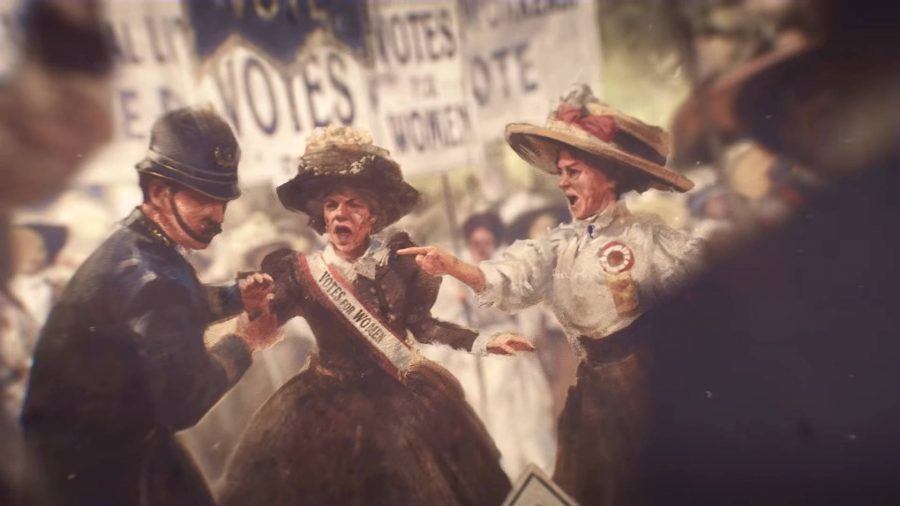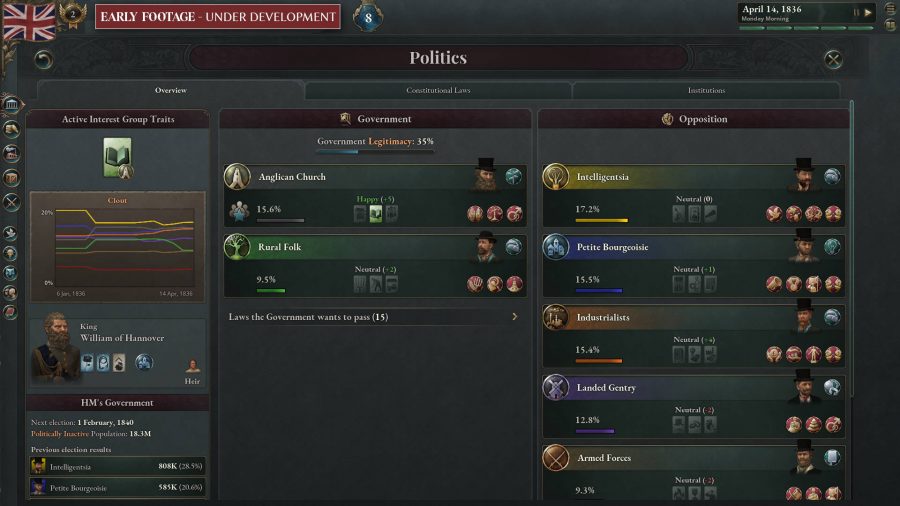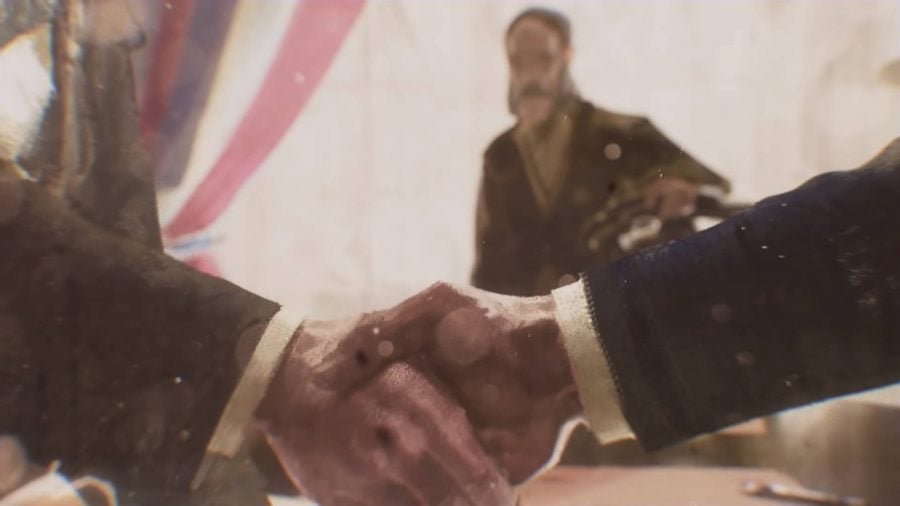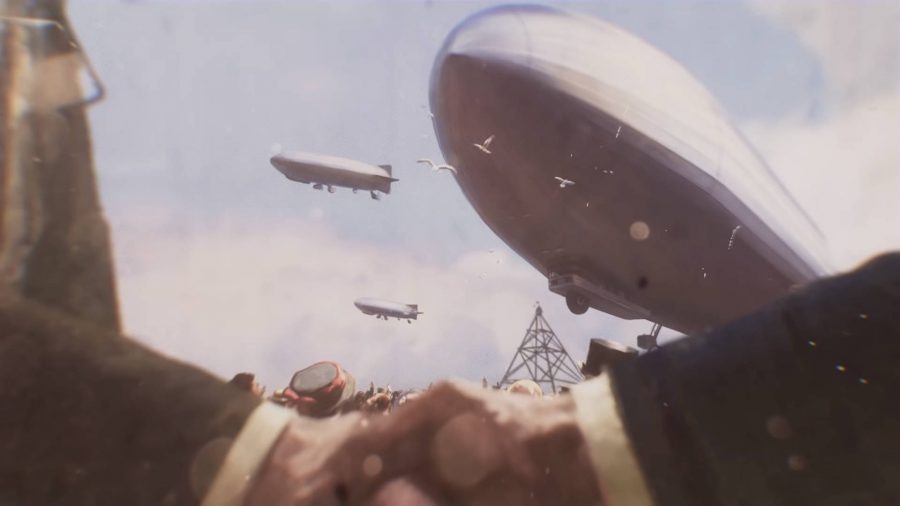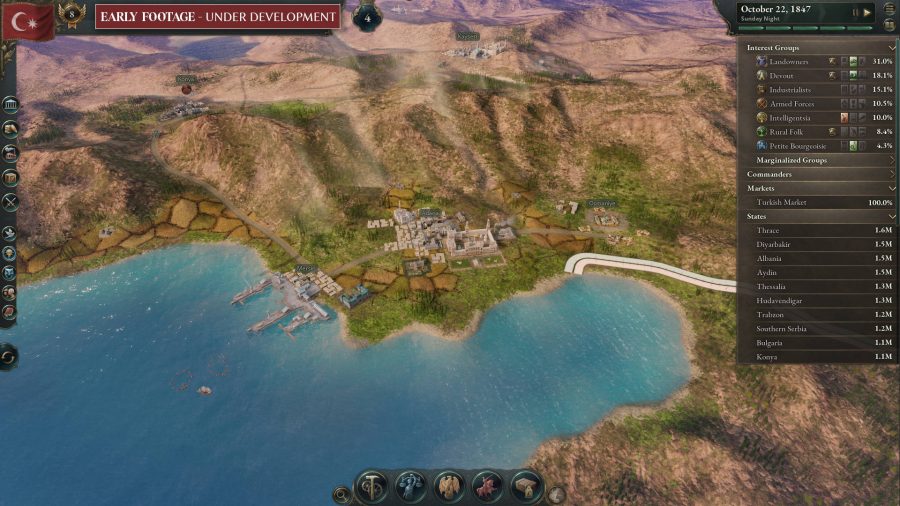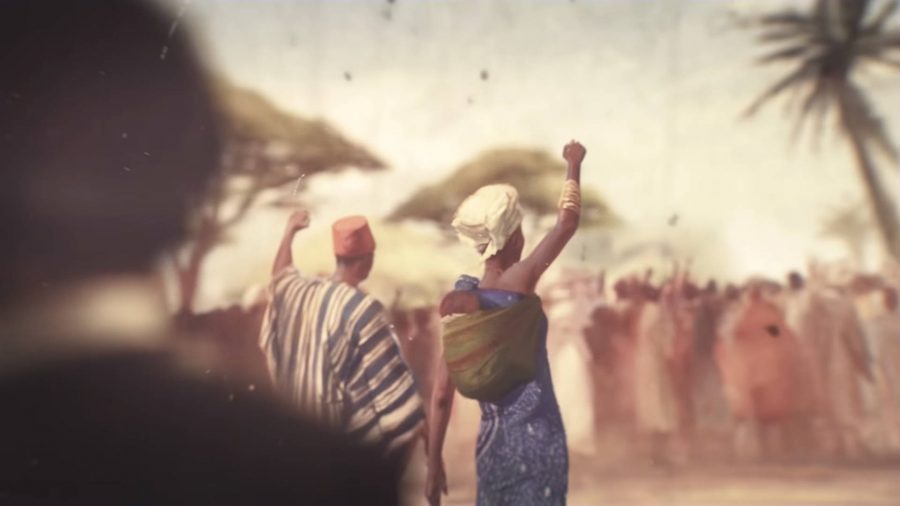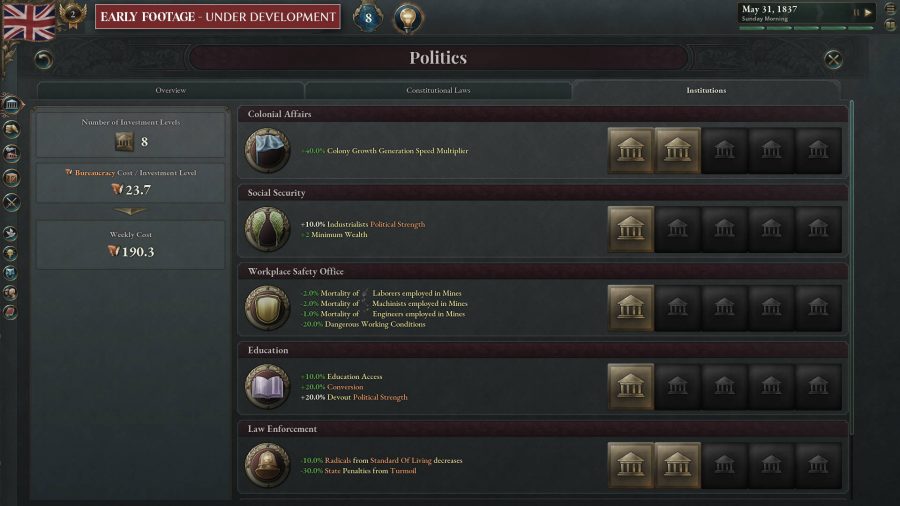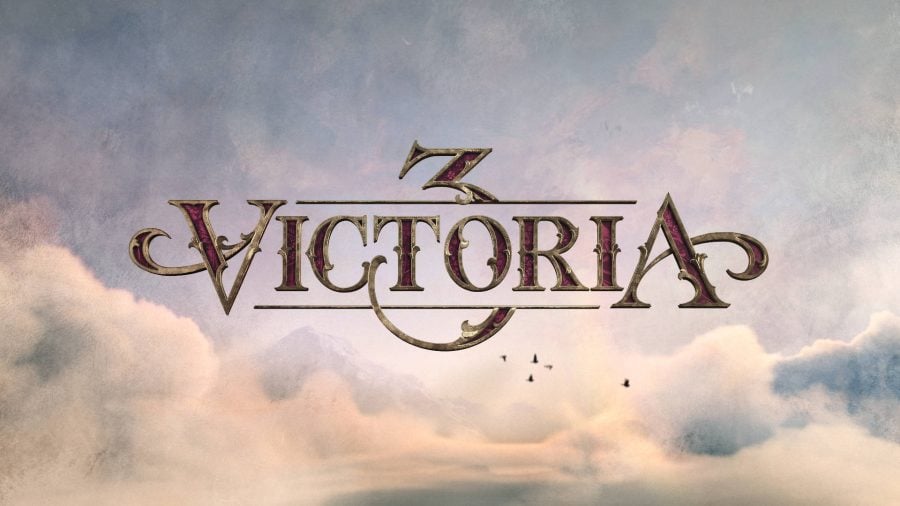After much anticipation, and a whole lot of guesswork, Victoria 3 was announced last week by publisher Paradox Interactive. Long awaited by fans of the series, it marks the next entry in Paradox’s long line of grand-strategy titles, plunging you into the revolutionary Victorian era, as you command a nation through 100 years of fortune and hardship.
As with the previous games in the series, Victoria 3 hands you control of a state’s domestic politics and foreign affairs. It focuses primarily on economic management and political decision-making, rather than military conquest, while trying to provide the same tense engagement as more combat-led strategy titles. Hundreds of countries can be carried through the industrial and colonial era, in the game’s mix of historical simulation and sandbox exploration.
But Victoria 3 will also make some departures from its predecessors. Emphasis is given to mediating competing political ‘interest groups’ within your state, navigating their policy demands, and looking for alternative methods of expansion that avoid warfare. More thought has been given to attracting new players into this outwardly complex game, as well as to the shifting demands that players will face throughout their campaign.
Following a hands-off press demonstration of the game in action, we speak to game director Martin Anward, and game designer Mikael Andersson, to get the inside track on Victoria 3’s new features, its focus on diplomacy over warfare, how it’s mixing alt-history with historical simulation, and the steps being taken to make grand-strategy engaging for new players.
Wargamer: Victoria 3’s diplomacy system is being positioned as an essential part of the game, especially the ‘diplomatic plays’ mechanic that functions as an alternative to war. How do diplomatic plays work in-game?
Martin Anward: Diplomatic plays is a mechanic that’s very inspired by the Crisis [system] added in the Heart of Darkness expansion for Victoria 2. Whereas in that, they were essentially global crises that involved all the great powers, we use them as the prelude to all wars in this game. Whenever a conflict breaks out, there’s first a chance to try and resolve it diplomatically.
Say you want to take a colony that’s next to yours. Whereas in other games you would just hit the declare war button, and would fight it out; here, you have the chance to try and get the colony without actually going to war, by successfully manoeuvring a diplomatic play. You enter a negotiation. Once both sides have made their initial demands, other countries in the region can get involved. They can get bribes to one side or the other, or volunteer to join the conflict.
Ultimately, it becomes a game of trying to pull these countries back and forth: ‘No, you should totally support me in taking this colony, and I’ll owe you if you do. I’ll give you this colony over here, which I know that you want’. But the other side might make a counter-offer. If you can get the upper hand in these negotiations, then the other side might go, ‘You’re sitting on the stronger hand, I’m going to back down’, in which case they only lose the original colony. Whereas if it escalates into a war, that can become a much broader conflict.
When diplomatic plays don’t work, and war is declared, what will that look like?
Martin Anward: It’s not something we’re gonna go too much into at this point. Not because we want to be mysterious; we do have a pretty good idea of what we want to do. But what I can say is that war is not the focus of the game. Of course, it’s a part of the game. It’s supposed to be engaging and result in changes. But we want to make super clear that Victoria 3 is a game where we want you to be able to go for 100 years, never get into a war, and still have a lot of fun.
Chromatic: CK3’s new DLC will finally let you pick your map colour
Mikael Andersson: One thing we can say is that we want the player to feel like that, if a war breaks out, they’re still engaging in the core mechanics of the game, to win that war. So their ‘war support’ at home is a really big determining factor for how long they can stay in this conflict. Making sure your population is happy, and the fact that there’s a war going on doesn’t mean that everyone’s starving to death, is going to be really important.
Martin Anward: We want to make war feel risky and costly, and not necessarily the most attractive alternative. But in the end, if that’s the only way you can get what you want, then you might be willing to roll the dice.
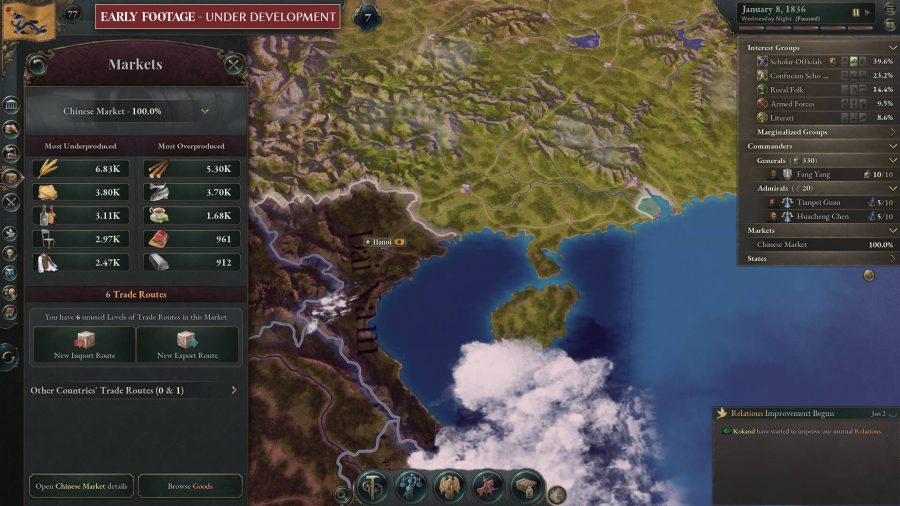
Historical simulation has been a significant feature of the Victoria series. Will Victoria 3 closely follow history, or will it include a lot of scope for alternate-history playthroughs?
Martin Anward: We have a classical saying, that history stops when you hit unpause. We try to make the start of the game as historical as possible, but beyond that, everything is alt-history to some degree, when all the countries start making choices.
We want to replicate history in the sense that we will want to have major historical things be able to happen, either as an explicit event, or as mechanics. We want things like the American Civil War or the Taiping Rebellion to happen if the conditions are there for them. It’s not the case that the American Civil War must happen on this particular date, no matter what. Rather, we want the American Civil War to happen if there’s a similar seed for it, as there was in history.
If you’re playing China, and you fought off the British to build a stable empire, it shouldn’t be, ‘Oh, and now the Heavenly Kingdom appears out of nowhere and rebels against you’. But if China is unstable, because of wars or a different source of instability, then these sort of things can happen.
We want to create a lot of opportunities for alt-history, and for the player to change history, but we also want to make you feel like the big historical events of the era can happen.
How will the game’s mechanics be used to replicate historical events?
Mikael Andersson: As an example of the mechanical approach, we were heavily inspired by the crisis system when we designed the diplomatic plays. But one way that a diplomatic play can definitely play out is inspired by World War One. For World War One, you had a big set of alliances and a very regional conflict that sparks this big chain reaction, which draws all these different parties into the war.
But that also means that World War One maybe doesn’t start where it actually started. Maybe World War One starts in India; maybe it starts in Brazil. We want, through this mechanical approach, for you to see something that clearly looks like something that transpired, but is happening at a different time, at a different place, but for similar reasons.
The Victoria series is often praised for intricately simulating the demographics of each nation, and the changing make-up of their populations, through its POP system. How will the POP system function in Victoria 3?
Mikael Andersson: One thing I’d like to say about POPs is that there are so many of them in Victoria 3. We’ve subdivided them further into workplaces. To make sure that we have the level of granularity that we need, it would be completely unfeasible to ask the player to interact with them directly. So, while all the POPs are there in all their glory, they instead act through a political intermediary we call interest groups. POPs are like the atoms of the simulation, you don’t interact with them directly, but you can still see the trends, and how they develop.
Modular monarch: Check out the best Crusader Kings 3 mods
Everything that you do should in some way reflect back on the POPs, and then the POPs change who they are as a result. You might build another level of textile mill, and that creates some more jobs for machinists, labourers, engineers, and capitalists.
There are some other POPs working as peasants, or as machinists in another factory, and they decide they’re going to come and take these jobs in the textile mill. As a result of their job and wealth changing, they will get different political ideas, which will reflect back on the interest groups: what they demand of you, how they react, and what power level they have.
How does Victoria 3’s POP system differ from Victoria 2’s system?.
Martin Anward: It’s basically the Victoria 2 POP system, but deeper. We have, more or less, everything the Victoria 2 POP system had: culture, religion, where they live, where they work.
But while Victoria only simulated the workforce, we simulate the entire world’s population through dependents. That is essentially the slice of the population like children, the elderly, non-working women, or women that work in small-scale home industries, and other things. POPs can be loyalists or radicals, which influences the political system. They are part of interest groups. So it’s the Victoria POP system, but we’ve kind of doubled down on it.
Interest groups wield a lot of power over your nation, and can influence the actions available to a player. What determines the interest groups a player will have to contend with?
Mikael Andersson: All the interest groups fill a niche in the country. So you’ll always have some variant of the landowners; you always have some variant of the church. But the precise nature of how they manifest, what sort of things they believe, and what they want your country to be like, that’s going to change based on a couple of factors.
One is your country. Sweden, for example, will have the church of Sweden as their version of the ‘devout’ interest group, which is going to believe a very different thing from the Shinto religion. The other factor is who is actually leading them. Each interest group is always being led by a character that will change throughout the game.
It’s kind of random, too. You might get a leader of the intelligentsia that’s all for women’s suffrage, whereas another time, you might get a leader of the intelligentsia that has all conservative cultural values. And that’s gonna mean the intelligentsia operates a bit differently during that process.
The strength of the interest group is then dependent on the POPs. One of my go-to examples for this is that, if you have a highly industrialised, urbanised country, but you haven’t passed a lot of reforms, and your POPs are living in poverty, a lot of them might be prone to join the trade unions. Whereas if everyone’s doing great, and you’re importing all the things that you need, then they might instead be joining the petite bourgeoisie, thinking that, over time, they’re gonna become industrialists, and do even better.
Victoria 3 will involve some heavy micromanagement, and more nitty-gritty processes than other Paradox titles. How will the game cater to new players, who might never have played a grand-strategy game before?
Martin Anward: This is absolutely a major priority for us. This is a deep game; this is a complex game with a lot of moving parts, and a lot of decisions to make. But that doesn’t mean that we want this to be only a game for people that are willing to hit a steep learning wall.
I’m not gonna say that we are absolutely going to succeed with this, but we’re developing a lot of tools. We’re taking a lot of lessons we learned from Crusader Kings 3 with things, like the important actions alert, tooltips within tooltips concept, Vickipedia – yes, we’re calling it that – and similar things to try and bring players in.
Culture combos: CK3’s next DLC will let you merge cultures
But we’re also trying to give the player a lot of tools to make macroscopic decisions. If you’re playing a small country, it’s fine to be going into your states and setting up an individual building. But if you’re playing a bigger country, you might want to use the ‘lens system’, which is a more advanced macro builder. When you want to expand 100 levels of factories at once, you shouldn’t be required to click 100 times in ten different panels.
So a lot of the added features aimed towards new players centre on UI improvements?
Martin Anward: That, and making players understand cause and effect. I think that it’s very important for a complex game like this, with so many moving parts, that if something goes wrong, a player should be able to understand why it went wrong, and what they could have done differently. That’s a big source of the steep learning curve.
As long as you can muddle through and figure out, ‘Okay, I can do a bit better next time’, then you can work your way up to that skill level. Whereas if you’re just going, ‘Well, my economy crashed, and I have no idea why’, then your economy is gonna probably crash again next time.
Mikael Andersson: One approach that we’re taking is not to hide what the player can do. Give the player all of the verbs, and the library of all the things you can do in the game. Go and do these things in logical ways, and then analyse why these knock-on effects are occurring. You’re learning how the simulation works as you’re playing the game, and you’re experiencing the pushbacks.
The political leaning of your nation in Victoria 3 can drastically influence the actions and decisions available to you. Why would a player choose to play as a liberal nation, and grant power to an elected government that might oppose their decisions, rather than an authoritarian state, in which they can do whatever they want?
Martin Anward: We’re always letting the player do things. You’re not restricted, for instance, from building buildings because you’re under free trade, but rather, it will change how you’re able to access private investments, if you can embargo goods, or subsidise buildings. There are some limitations, but we’re not limiting the fundamental mechanics of the game. Rather we’re throwing different challenges, and different advantages, at you.
You can absolutely stay super authoritarian, and do one thing over here, and another over there as you like. But on the other hand, you’re going to be a heavily censored state, so will get less technology spread, and will have a different make-up of interest groups. And you’re probably going to have a whole bunch of significantly poorer POPs, and ideas might start spreading that they shouldn’t be so unhappy. They might even want a say in government.
If you want to stay as a dictatorship from the start to the end of the game, you can do that. But it will be a trade-off between the advantages you get, and the challenges you have to deal with.
Should players expect their nation’s political leanings to change multiple times throughout a campaign?
Martin Anward: It really depends on the sort of player you are. One player will come into a campaign with a very clear idea of what they want to do: ‘I’m going to take Bhutan, and I’m going to build a social-democratic paradise’. And the other is going to be thinking, ‘Okay, I’m gonna take this country, and then we’ll see what happens’. They might have a radical republican leader, and become a republic, because that seems interesting. It depends on the goals they set for themselves.
Mikael Andersson: We definitely do want players to feel the pressure, regardless. There should be pressure to change your country in one direction or another. It shouldn’t just be up to the player’s whim. But choosing to go down that route or not, should have different advantages and detriments
Martin Anward: It’s kind of a running theme. The game will pressure you to do different things, and make you deal with the consequences if you do or if you don’t. But we don’t want the game to play itself. We don’t want the game to go: ‘Now you’re passing this law’, or ‘Now you’re building’. You should consider passing a law, or consider building these buildings, and see what happens next.
